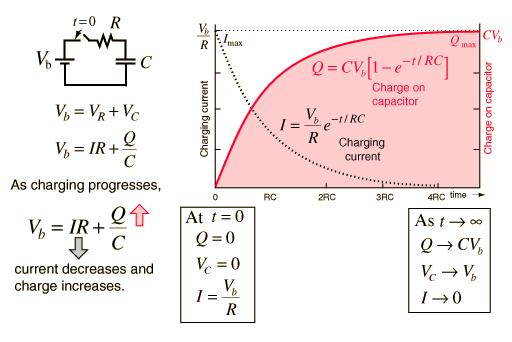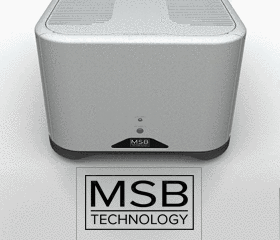i have not heard these amps but can think of no reason why a switcher can not be used in a well thought out audio design.
Hi
agreed and that was my point too. There is no reason why it can't sound good . Also I am not sure about the point about the 1 Farad being slow to charge and sow to release the energy ... I don't think that is correct .. The real question remain how good it sounds compared to amp costing much less Pass, Bryston monos , and especially Spectral .. .
Heard the more expensive Soulution (700?)and though them very good .. Whether they could justify their prices to my ears was a different question as I have heard amps competing and a less loftier price point among them Spectral and Bryston which don't sound similar but are fully competitive with anything out there regardless of price ...High End Audio has turned completely in a game of luxury-typepricing. Prices go up seemingly without reason although we do provide rationale, we the ever compliant audiophiles




















